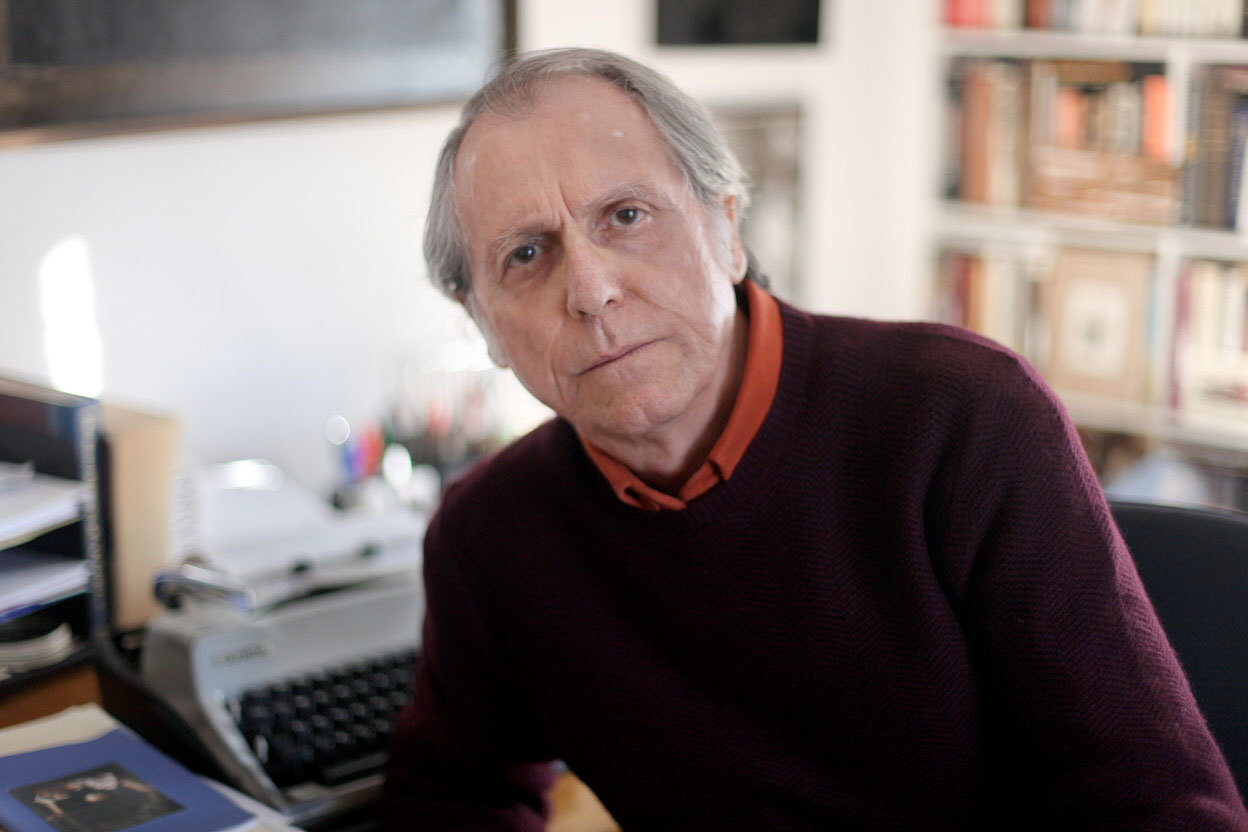
NOTE: This article is a republication- Source: BBC Culture (by John Self).
"A brilliant story about death and the fear of death," said the original jacket blurb on Don DeLillo's 1985 novel White Noise – adding that the book "is a comedy, of course." This month, Noah Baumbach's Netflix film of White Noise dazzles its way on to our screens, and we're promised "a fascinating, invigorating spectacle," a "thrillingly original" blast of cinematic lustre.
So this feels like a good time to look again at White Noise's author – and consider why Don DeLillo is one of the great novelists of our time. He published his first novel in 1971, and for half a century has been one of those writers who makes us think in a new way: read him for long enough and the world begins to look different.
DeLillo's early novels were about things – advertising (Americana, 1971), sport (End Zone, 1972), rock music (Great Jones Street, 1973). Later in the 1970s he began to grow and experiment more: novels like Ratner's Star (1976), Players (1977) and Running Dog (1978) were playful, intricate and increasingly uninterested in forcing DeLillo's talents into standard literary forms: they mashed up elements of science fiction, thrillers and satire with big-brain subjects (astronomy, economics, social history). And they started to win him a reputation: "There's Norman Mailer, there's Thomas Pynchon, now there's Don DeLillo," gasped the Los Angeles Times on the paperback cover of Running Dog.
To read the full article click here